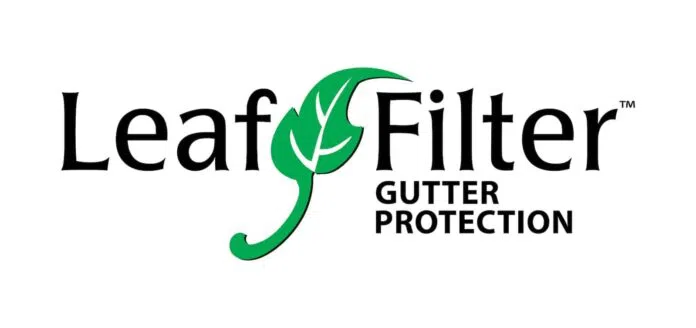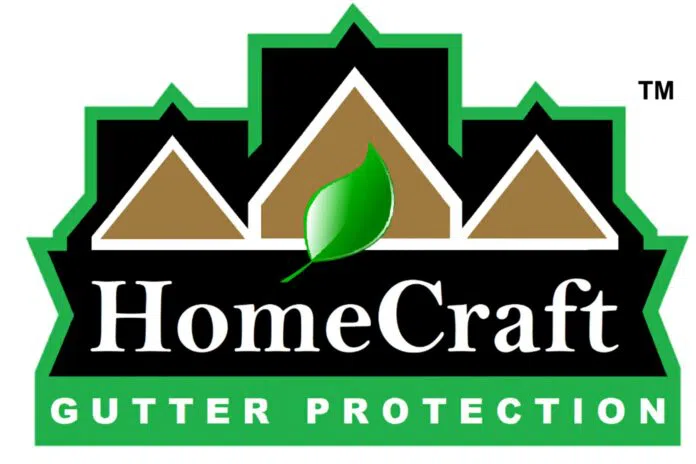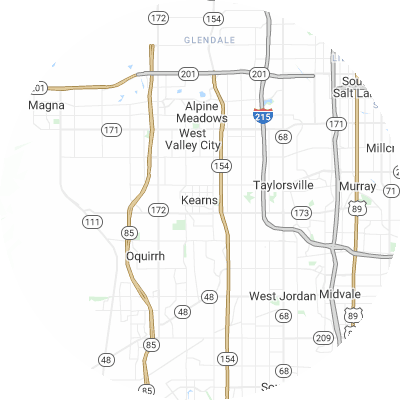Signs You May Need Gutter Guards
Gutter guards aren't always necessary, but evidence of blocked gutters is clear. Indicators of recurring gutter troubles are:
- Frequent clogs that cause overflow and water to spill over gutters
- Visibly damaged, sagging, or misaligned gutters that no longer correctly direct rainwater
- Leaky joints or seams where water leaks from the gutters
- Mold growth, peeling exterior paint, or interior water stains on walls near gutters.
- Soggy ground or visible erosion patterns around your home's foundation
How To Choose a Gutter Guard Installer
Assess Their Experience
When selecting an installation company, look for one with extensive experience and knowledge about numerous brands and guard types. An experienced company will understand how to measure and install gutter guards for your specific needs. Check a provider's years of experience and request referrals from local customers.
Verify Proper Licensing and Insurance
Confirm that the businesses you're considering have valid licenses, bonding, workers compensation coverage, and general liability insurance. This safeguards you in case of any injury or accident that could arise. Ask potential providers for current licensing and insurance papers.
Choose Reputable Brands
Seek out companies that carry leading reputable gutter guard brands such as Gutter Helmet and LeafFilter. Be wary of companies that only carry generic no-name or their own off-brand guards, as these likely have not undergone the same rigorous testing as major brands.
Seek Custom Fit Services
Your guards should be custom fitted on location to match your gutters. Select a company that custom measures and trims guards for your house rather than using generic guards. Guards fitted for your home leave no gaps for debris accumulation.
Examine Warranties
Top gutter guard companies usually offer 20-year or lifetime warranties against leaks, clogs, rust, and other issues. Before picking a company, carefully read through the warranty terms for both workmanship and materials guarantees. Warranties are the best way to safeguard your gutter investment.
Check Reviews and Referrals
Take some time to look at online reviews on Yelp, the Better Business Bureau (BBB), Google Reviews, and other review sites to see customer feedback. Ask neighbors which companies they recommend for quality local gutter guard installation. When researching, look for providers with a history of steady positive reviews rather than only one or two sporadic reviews.
Types of Gutter Guards
There are six typical types of gutter guards. These include the following:
- Brush guards are made of large brush bristles that sit inside your gutters, allowing water to pass through while stopping debris. On average, you can expect to spend $4.03 per linear foot for brush guards.
- Foam guards consist of pieces of foam that sit in your gutters to stop debris. They're light and easy to install. Foam guards cost around $2.45 per linear foot.
- Screen guards have large holes that allow water to pass through while stopping debris. Screen guards cost roughly $4.08 per linear foot.
- Mesh guards stop debris but let water through. Mesh guards have even smaller holes than screen guards. They're durable and let debris slide off as opposed to sitting on top of your gutters. On average, you can expect to pay $3.89 per linear foot for mesh guards.
- Micro-mesh guards are normally the most effective. Micro-mesh guards have smaller holes than standard mesh guards and let even less debris through. On average, you can expect to spend $4.99 per linear foot for micro-mesh guards.
- Surface tension guards, sometimes called reverse curve guards, use surface tension to allow debris to slide off while water flows through into the gutter. They can usually be seen from the ground. On average, you can expect to pay $3.01 per linear foot for surface tension guards.














